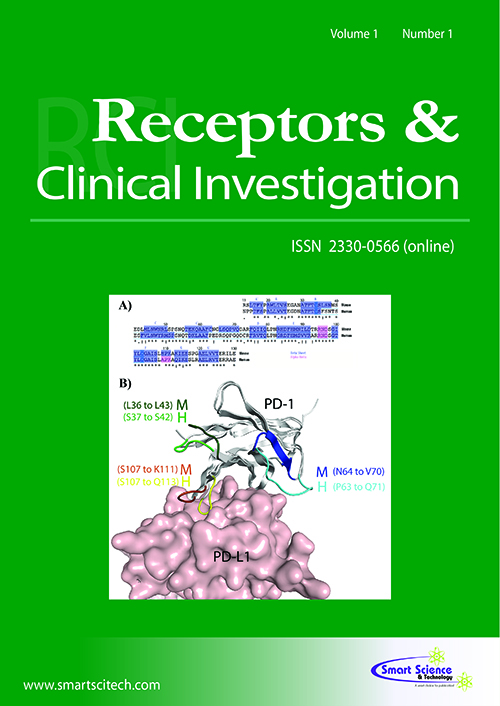Targeting receptor tyrosine kinases in malignant pleural mesothelioma: Focus on FGF-receptors
Abstract
Fibroblast growth factor receptors (FGFRs) constitute a subfamily of receptor tyrosine kinases. Four different receptors, FGFR1-4, bind 18 different fibroblast growth factors (FGFs) and signal mainly along the mitogen-activated protein kinase (MAPK), the phosphatidylinositol 3 kinase (PI3K) and the phospholipase c gamma (PLC?) pathway. Physiologically, they are major regulators of embryonic development and metabolism. Deregulation of FGFR signals is increasingly recognized to play important roles in malignant diseases and may constitute a feasible therapeutic target. We recently investigated their role in malignant pleural mesothelioma (MPM), an aggressive malignancy mainly caused by asbestos exposure and with currently limited therapeutic options. We demonstrated high expression of several FGFs/FGFRs, especially FGFR1, FGF2 and FGF18 in cultured tumor cells and tissue specimens and identified FGFR-mediated signals as major driver of MPM cell growth, survival and migration. FGFR blockade by a tyrosine kinase inhibitor or by a dominant-negative receptor construct resulted in reduced MPM growth in vitro and in vivo and, furthermore, enhanced the efficacy of chemo- or radiotherapy. Several other receptor tyrosine kinases, including EGFR, MET and AXL were found to be overexpressed in MPM but translation into clinically successful therapeutic approaches has not yet been achieved. Inhibition of FGF-receptors may have the advantage of targeting both the tumor cells as well as the tumor vasculature and should be further evaluated.











